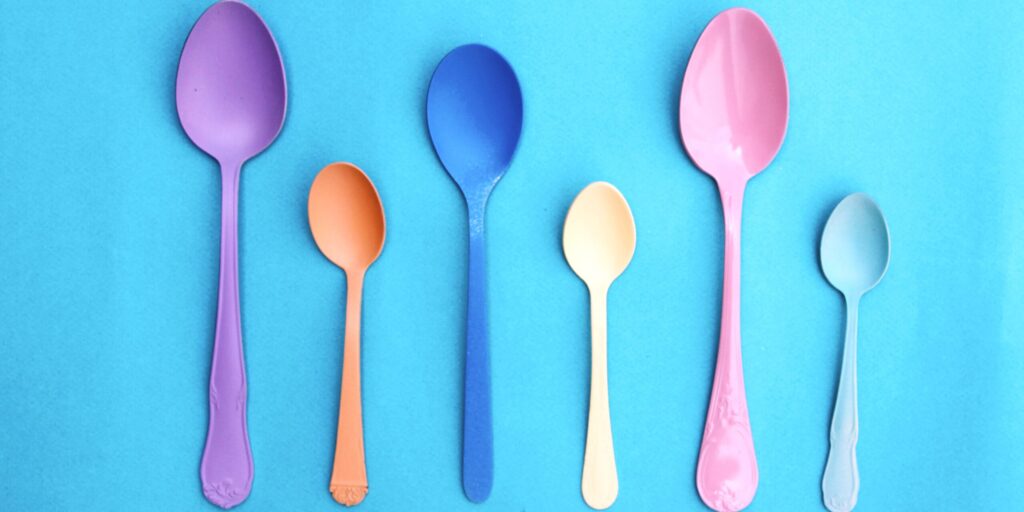Read time 5 minutes
I take a quiet moment to look inward, acknowledge the journey, and whisper a soft “thank you” to the Universe.
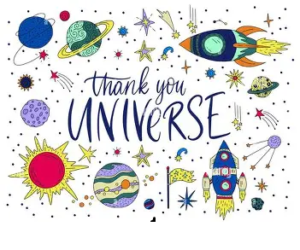
This blog isn’t just a story; it’s a reflection on recovery and rediscovering joy through the toughest of trials. Life never promised to be easy, but my spirit remains deeply thankful for the gift of healing and the courage to rebuild.
From College Dreams to Career Reality
College days, the ultimate blend of self-discovery, memories, and preparation. Those days were electric. Being on the cusp of adulthood, tasting independence, and learning through friendships and failures.
I vividly remember the rush of being placed in a boutique investment banking firm.
I was brimming with purpose:
Decoding market strategies and applying classroom theories learned in lecture halls to real-life finance models. It was exhilarating to receive my first paycheck and the thrill of managing my finances. Work wasn’t just work; it felt like I was carving out meaning, making an impact. My heart was full of ambition, drive, and dreams waiting to unfold.
The Uninvited Companions: Chronic Illness Arrives
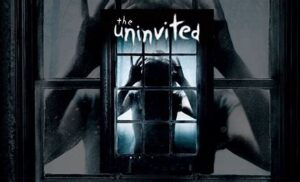
Then, in the blink of an eye, life pivoted.
At the height of my career, I was diagnosed with a rare neurological condition called Isaacs’ Syndrome. It is a rare and relentless neuromuscular health condition stemming from muscle hyperactivity. It didn’t stop there. My medical journey unfolded layers of complications:
- Lyme disease – a tick-borne bacterial infection that hijacked my immune system.
- Glaucoma – damaging my optic nerves and slowly distorting vision.
- Membranous Glomerulonephritis – a kidney disease that left me fighting for renal function.
- Gastrointestinal Chaos – digestive enzymes malfunctioned, and gut health deteriorated.
- Plus, I developed Irritable Bowel Syndrome (IBS), Diabetes, Frozen Shoulder, Eczema and Blood Pressure issues.
It felt like my body was under siege—from every system, every corner. Pain became my shadow.
Two Years in Bed: Life Turned Still
I’ll never forget that evening walk when the first warning sign appeared. It was an intense leg cramp followed by searing pain in my lower back. What followed was a barrage of tests and diagnoses that labeled me ‘medically rare.’
Then came the most difficult stretch: two long years of being almost completely bedridden.
Imagine starting your day with hope and ending it crawling to bed, unable to eat without trembling. My daily reality was:
- Weakness so profound I could barely speak or move.
- Medications that left me foggy, dizzy, and dependent.
- A sense of isolation that only chronic sufferers truly understand.
In those moments, I questioned everything. How could someone so lively, so passionate, be reduced to lying in silence?
Discovering Spoon Theory: A New Language
Then came a turning point.
One day, while venting to my doctor about my vanishing energy, he gently introduced me to something called The Spoon Theory.
What Is Spoon Theory?
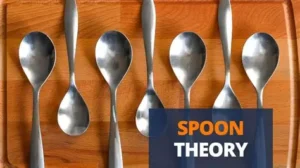
It was coined by Christine Miserandino in 2003.
Spoon Theory is a metaphor that uses ‘spoons’ to represent energy units. People with chronic conditions often have fewer spoons each day, which must be carefully allocated to essential tasks.
For someone healthy, simple activities like brushing teeth or walking to the kitchen may cost no spoons. For me, they could cost two or three. If I had ten spoons total, spending them on exercise, cooking, and even dressing meant nothing was left for social interaction or mental focus.
Understanding Spoon Theory helped me plan my day. Instead of pushing through exhaustion, I began honoring my limitations with kindness.
Spoon Theory in Action
Here’s a quick example:
- 2 spoons – Morning stretches
- 3 spoons – Preparing breakfast and dressing up
- 2 spoons – Reading or replying to emails
- 3 spoons – Cooking lunch or evening walk
Once the spoons are spent, I’d feel fatigue creeping in, forcing rest and recovery. Spoon Theory isn’t just a metaphor, it’s a life-saving mindset shift.
Healing Tools That Helped Me Regain Spoons
When your body is fighting multiple battles, healing demands more than medication. I slowly discovered ways to reclaim spoons, not just through rest, but through joy, nature, and self-acceptance.
Physical Therapies

- Iyengar Yoga – Focused, mindful postures that revived mobility and soothed nerves.
- Magnetic Acupressure & Seitai – Eastern healing traditions that rebalanced energy and reduced inflammation.
- Physiotherapy – Helped rebuild strength and kept me gently active.
Mindfulness Practices
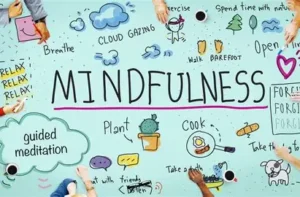
- Meditation became my sanctuary. It helped quiet the chaos within and gave me resilience.
- Breathing Techniques restored balance between mind and body, especially during high pain cycles.
Alternative Medicines
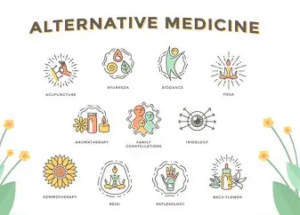
- A blend of Ayurvedic, Homeopathic, and Allopathic supplements repaired the internal damage caused by years of illness.
- Gut-friendly probiotics and enzyme therapies offered stability and comfort.
Nature as Healer

I found solace in nature’s embrace. Spending time outdoors helped reconnect with life’s rhythms and reminded me that healing is possible, even if progress feels slow.
Nutrition That Heals
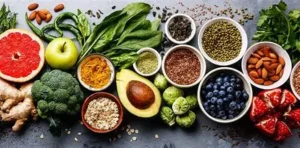
- Carefully balanced meals with complex carbs, lean proteins, and healthy fats. This practice became the building blocks of daily strength.
- Avoiding inflammatory foods helped ease gut issues and reduce flare-ups.
Joyful Activities

Indulging in hobbies was great. Journaling and music helped distract from pain. It brought moments of happiness that refilled emotional spoons.
Saying Yes to Help

Letting loved ones step in wasn’t weakness—it was wisdom. Whether they cooked, listened, or simply sat with me in silence, their support was an anchor.
Life Lessons from Spoon Theory
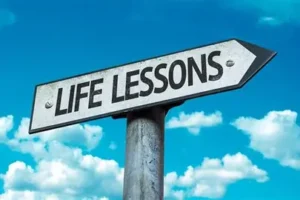
Spoon Theory didn’t just improve my health; it redefined how I saw myself.
- It taught me to stop comparing. My journey is uniquely mine, and that’s okay.
- It gave me permission to prioritize self-care, set boundaries, and embrace rest without guilt.
- It helped me build a realistic daily plan, where energy was honored and not squandered.
Even my family began to understand what a “spoon-less” day looked like—and that empathy made everything gentler.
Final Thoughts: Healing Is Not Linear
As I write this, I’m not ‘cured’, but I am healing. Slowly. Steadily. Spoon by spoon.
Every lesson I’ve learned, every tool I’ve discovered, I share so that others like me can feel a little more seen, a little more understood.
So, if you’re reading this and navigating your own health battles, remember: your energy is precious. Protect it. Use it wisely. And always allow yourself grace.


